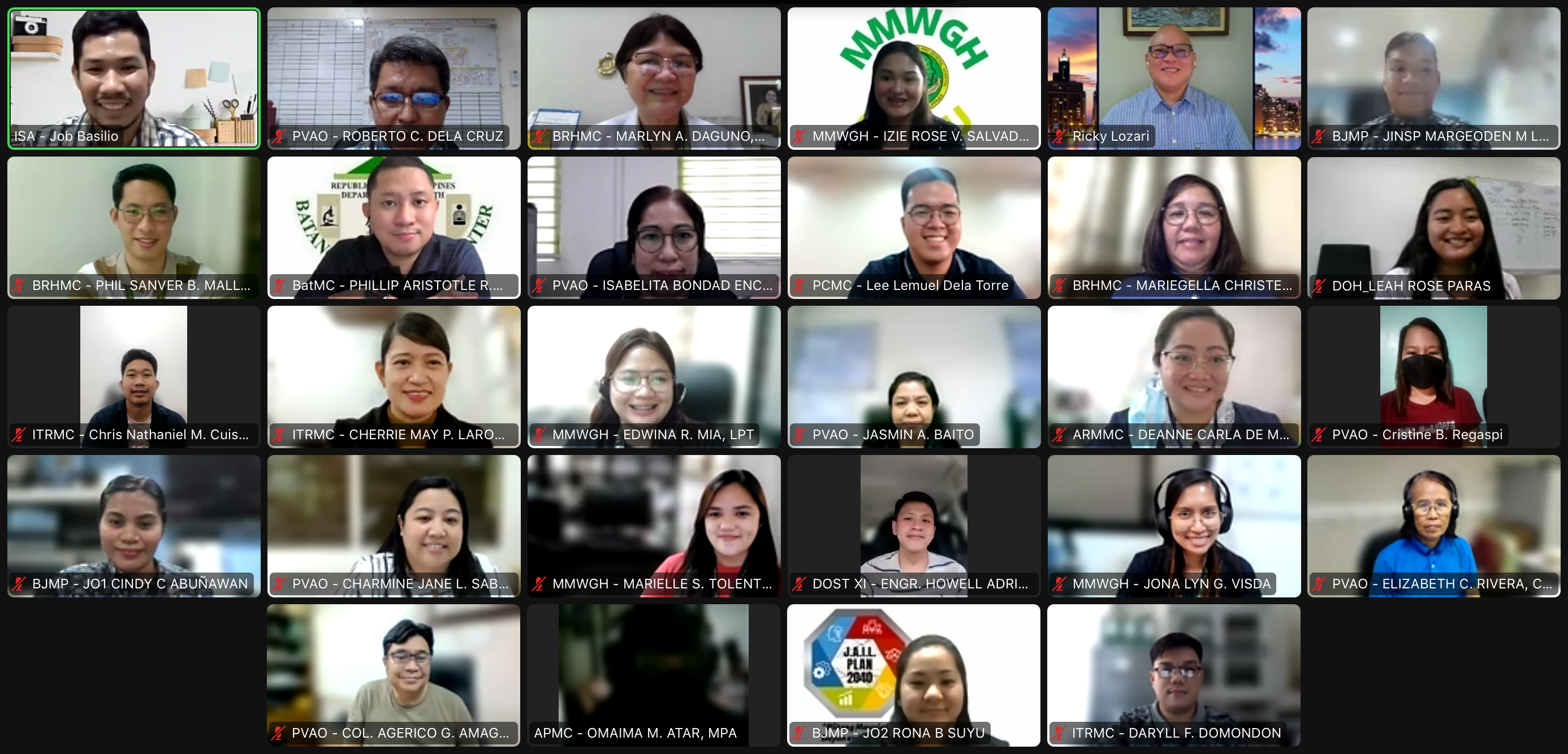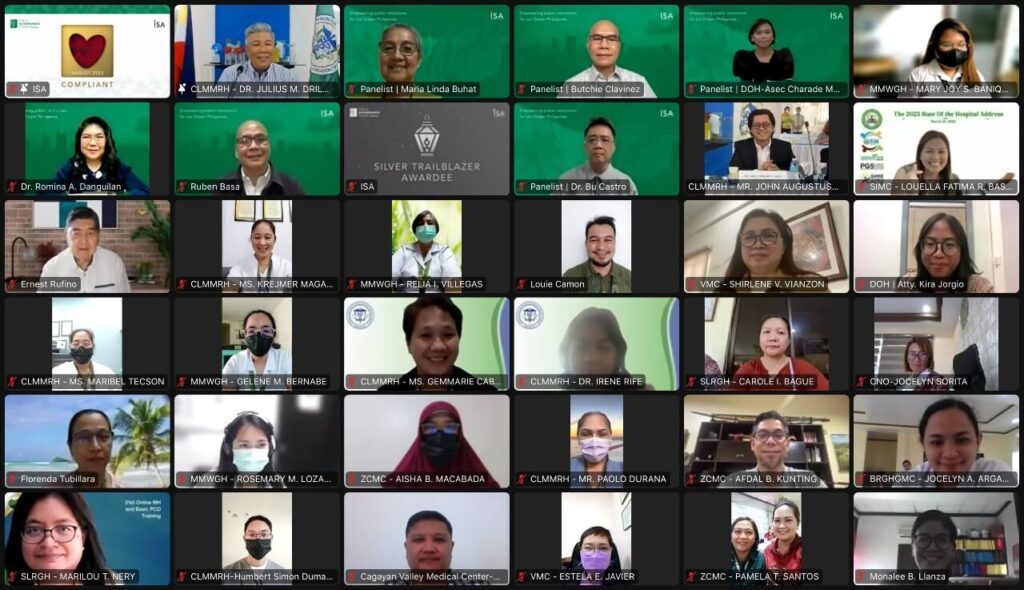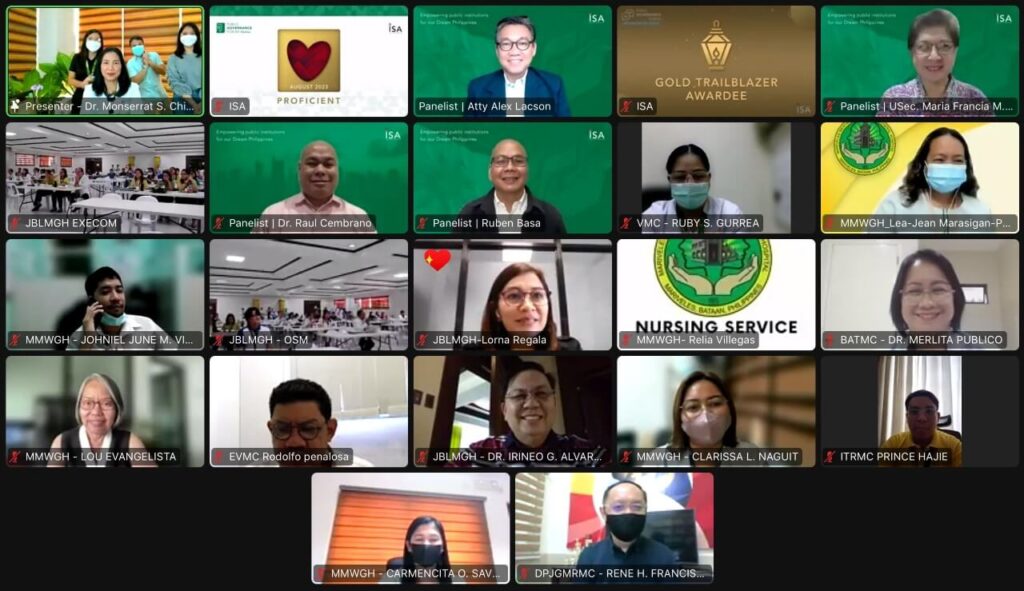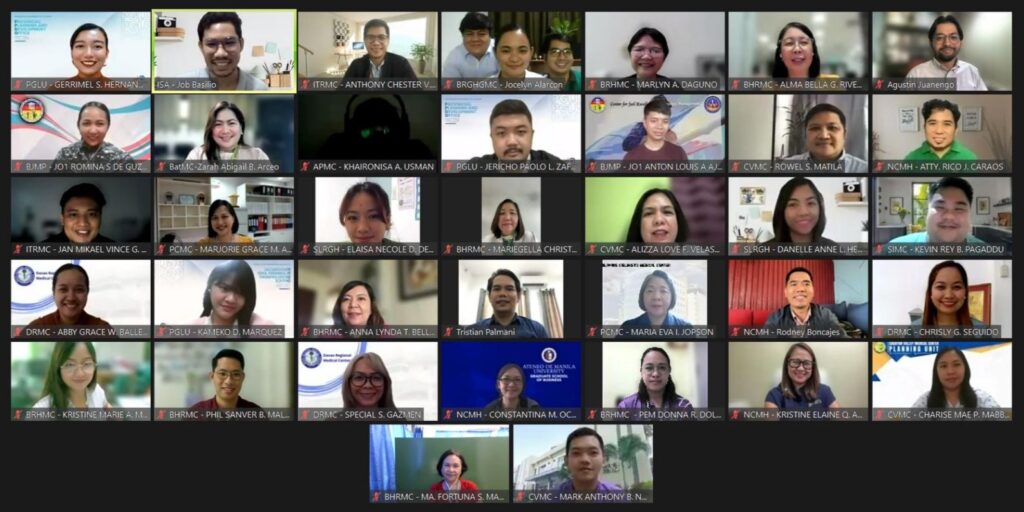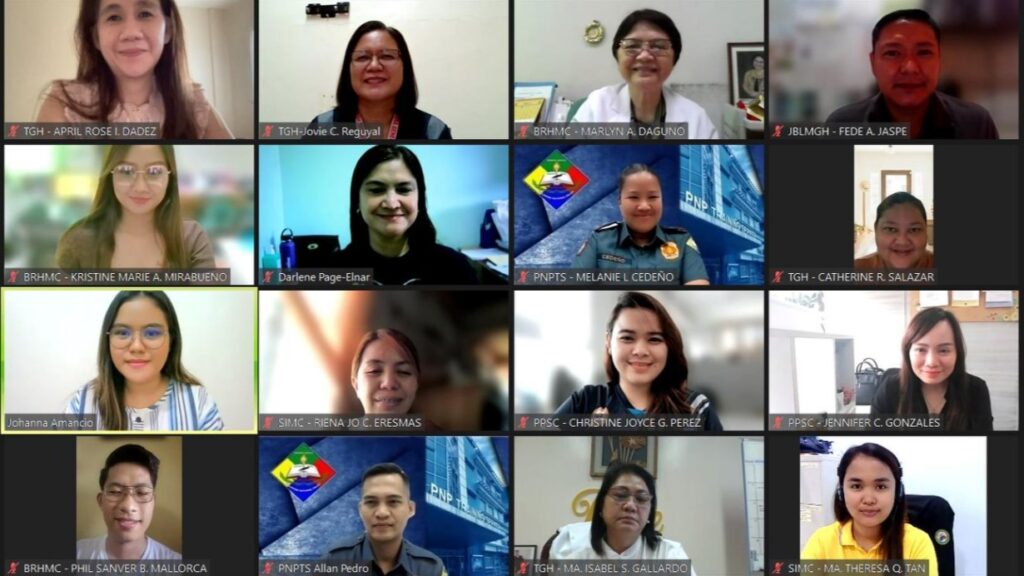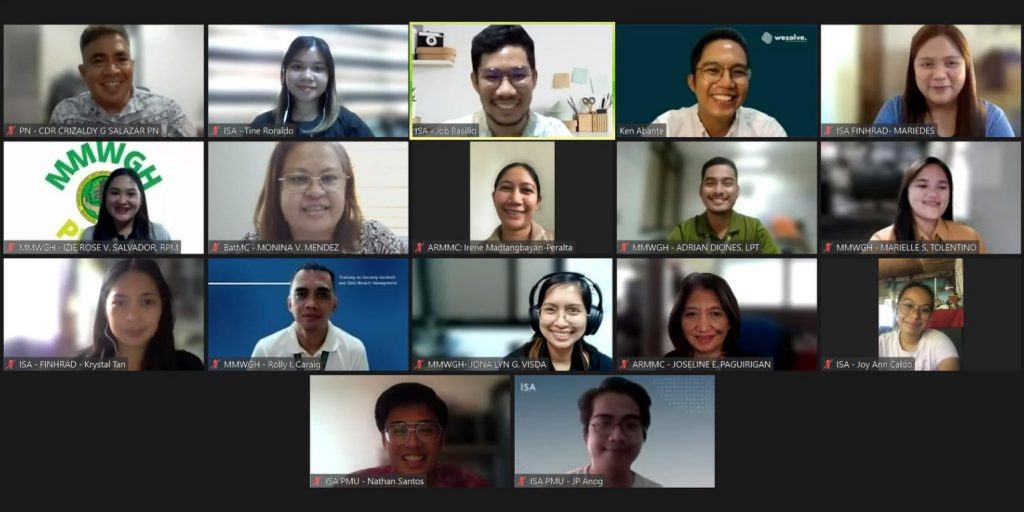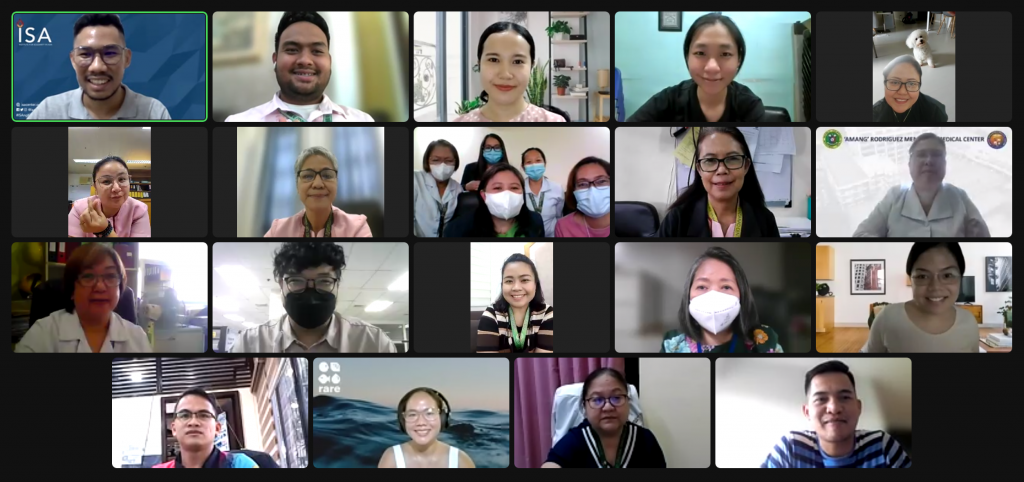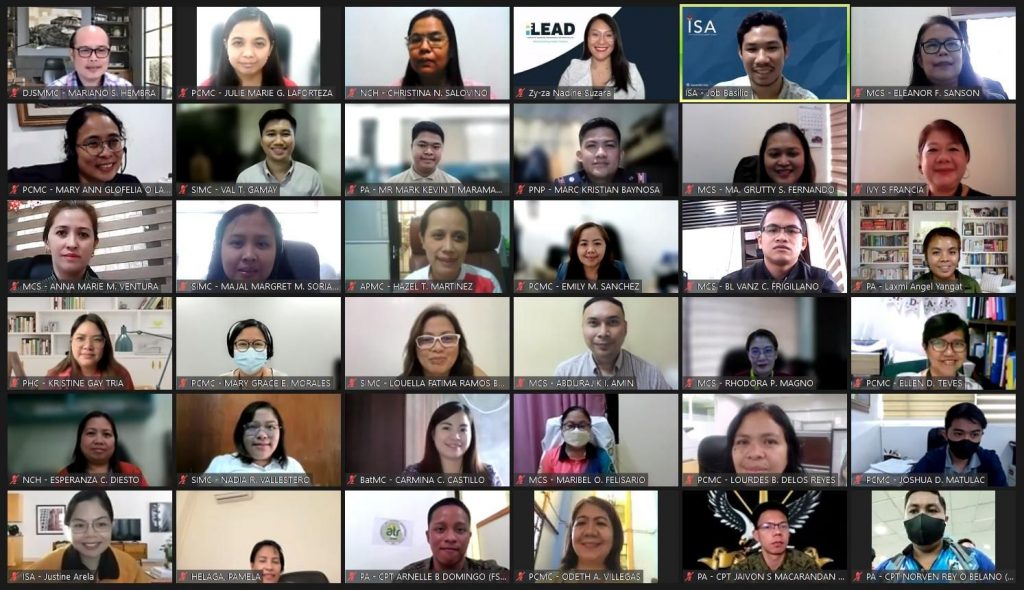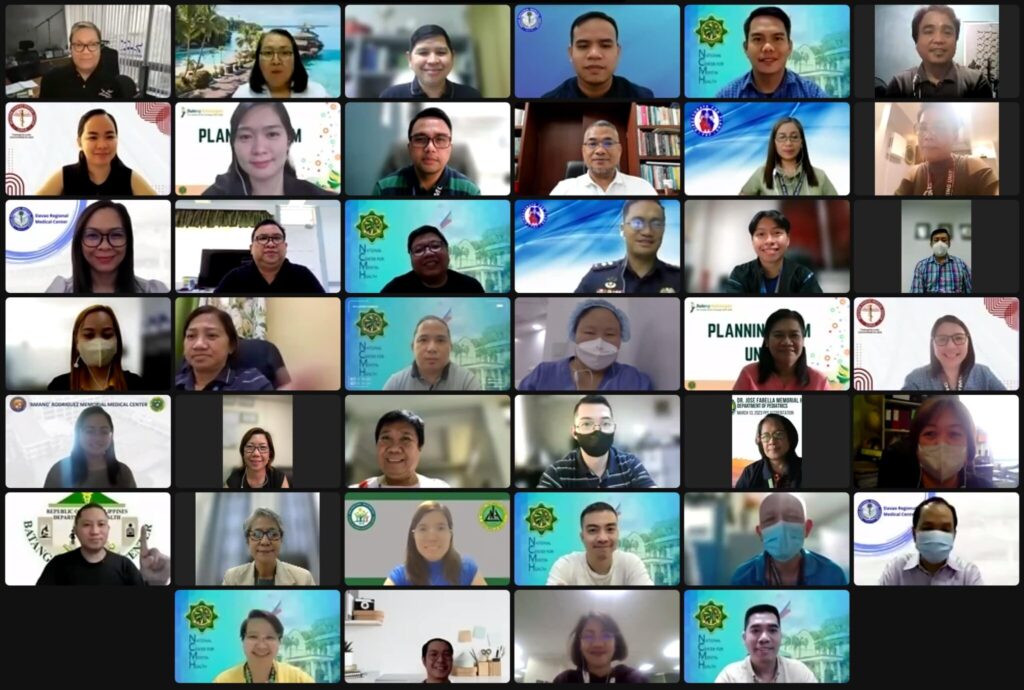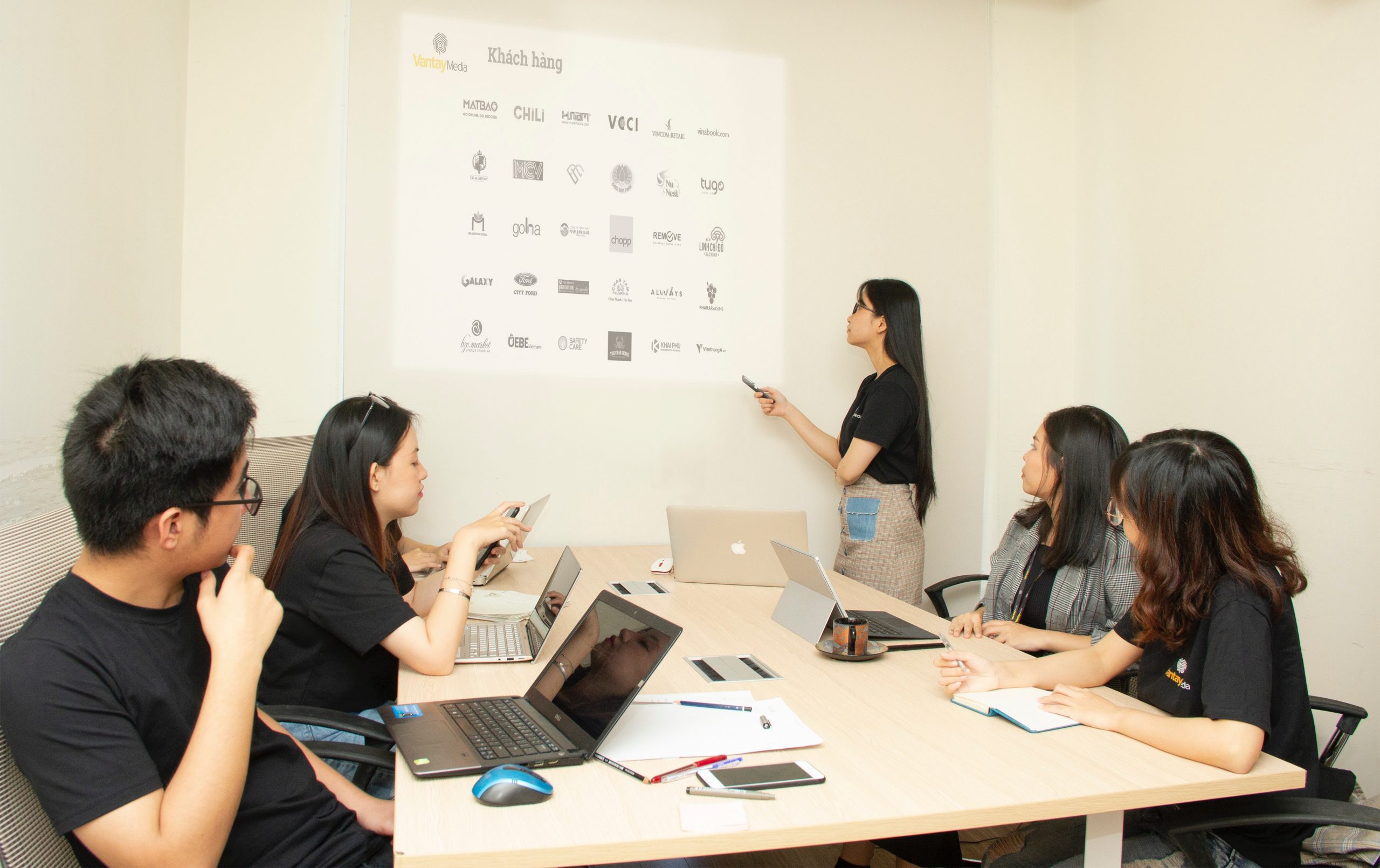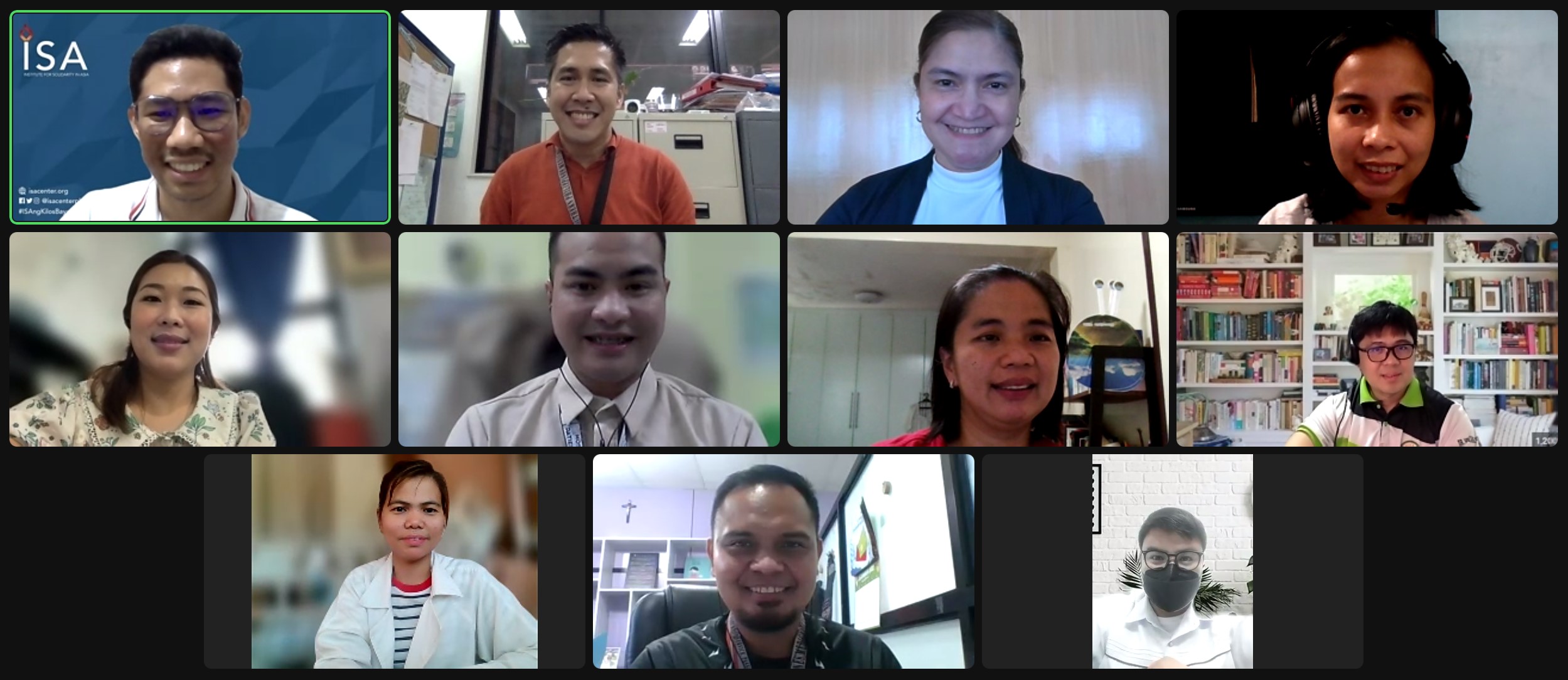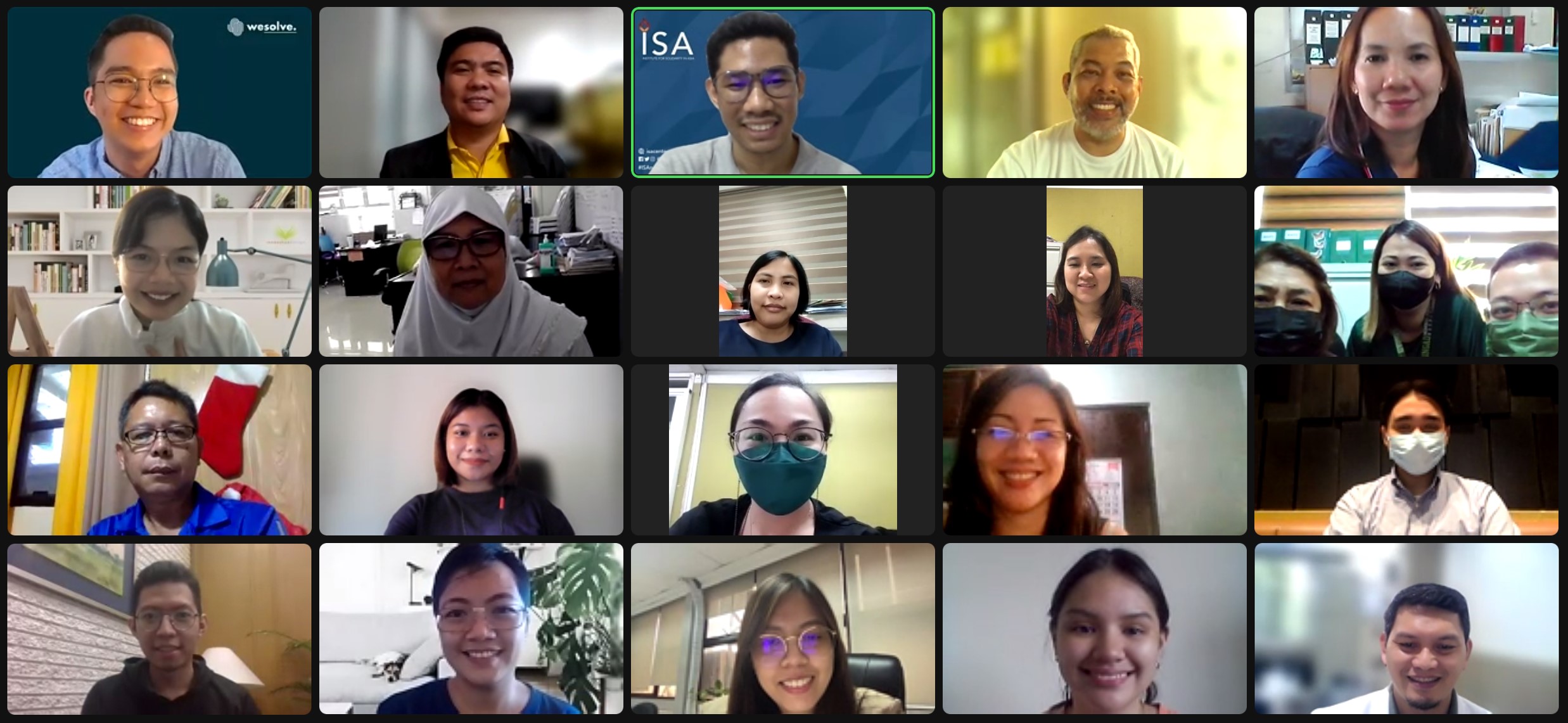Achieving breakthroughs and developing comprehensive roadmaps are vital steps in leading your organization toward success. However, it is equally important to evaluate progress and ensure your team remains on the right path, working towards the ultimate goal of excellence and good governance. After the implementation of plans, one might wonder how to gauge whether they are still aligned with their organization’s aspirations en route to their dream destination.
To help our partners attain long-term success, the Institute for Solidarity in Asia held its first Skills Lab on Indicating PGS Success through Monitoring and Evaluation, last May 25 to 26, facilitated by monitoring and evaluation expert and Pilipinas Monitoring and Evaluation Society President, Mr. Enrique “Ricky” Lozari. The two-day capacity development course was attended by 40 delegates from 11 public organizations.
Mr. Lozari kicked off the session by introducing monitoring and evaluation as a Results-based Management approach to delivering tangible and measurable results. He defined it as “a principle, a mindset, and a tool anchored on established management principles to ensure the realization of our vision” that will allow organizations to not only focus on outputs and implementation but also focus on other key factors such as the delivery of outcomes and impacts.
To help the participants better grasp the topic, they participated in a workshop, which enabled them to delve deeper into their organization’s goals. During the activity, participants actively engaged in identifying the desired outcomes of their organization and discerning key indicators using a Results-based Management Framework.
On the following day, Mr. Lozari took an even deeper dive into Results-based Monitoring and Evaluation, delving into the ten essential steps for designing, constructing, and maintaining an effective system. This system, centered around a plan or strategy, focuses on ensuring its readiness, establishing a robust structure, enhancing usability and implementation, and ensuring long-term sustainability. During the discussion, Mr. Lozari also emphasized the importance of incorporating Monitoring and Evaluation practices within public institution.
“Ito yung system natin for feedbacking, without the [Monitoring and Evaluation] system, hindi mo malalaman if what you’re doing is correct, hindi mo malalaman if you’re doing the right thing […] because it will tell you whether you are already delivering the results and whether you are delivering it in a better way,” he said.
In addition to a Monitoring and Evaluation System, another important factor to consider in indicating success is having a Change Management Plan where team members can utilize feedback to achieve breakthroughs and continuous improvement.
Capping off the two-day course, Mr. Lozari reminded the participants that building rapport and ridding practitioners of the “fault-finder” reputation is essential to getting better outcomes since setting up a program for Monitoring and Evaluation is a change agenda, where members of an organization should be encouraged to push for continuous improvement rather than perfection.
“I think what you need to do is you have to let them know that you are there to help them, not there to judge them. The information that you are sharing is meant to improve the way they are doing things. [..] You have to dispel and let them know na hindi yan ang purpose ng evaluation. It’s to help the implementing units deliver the results they have committed,” Mr. Lozari shared.

